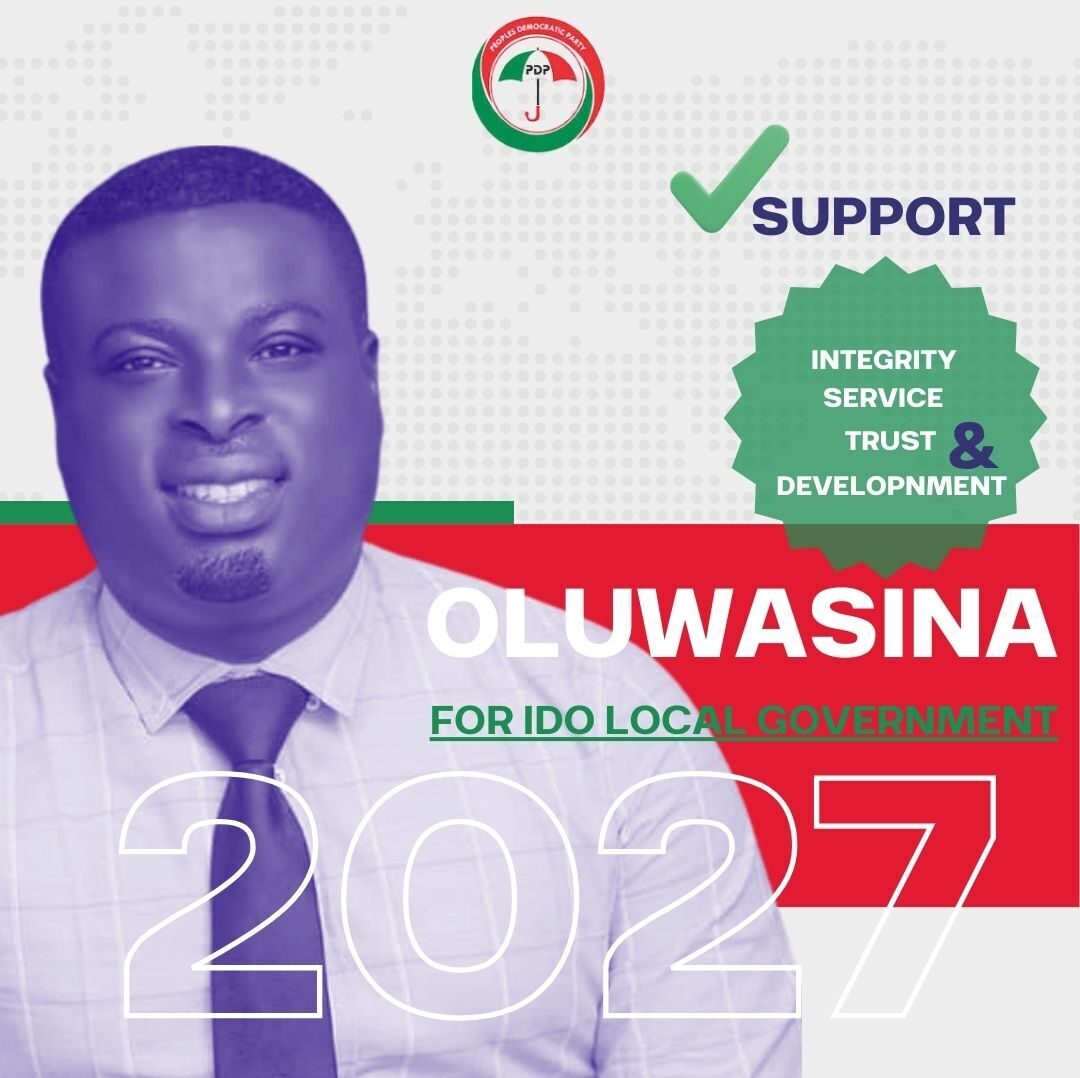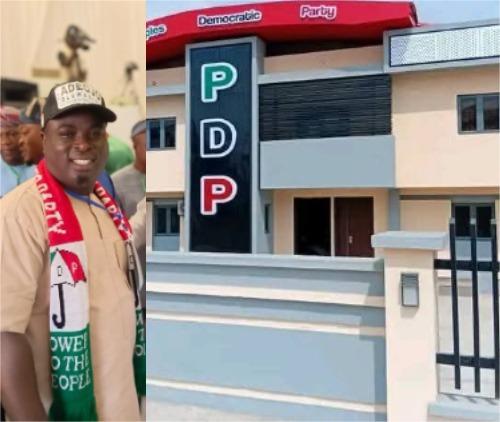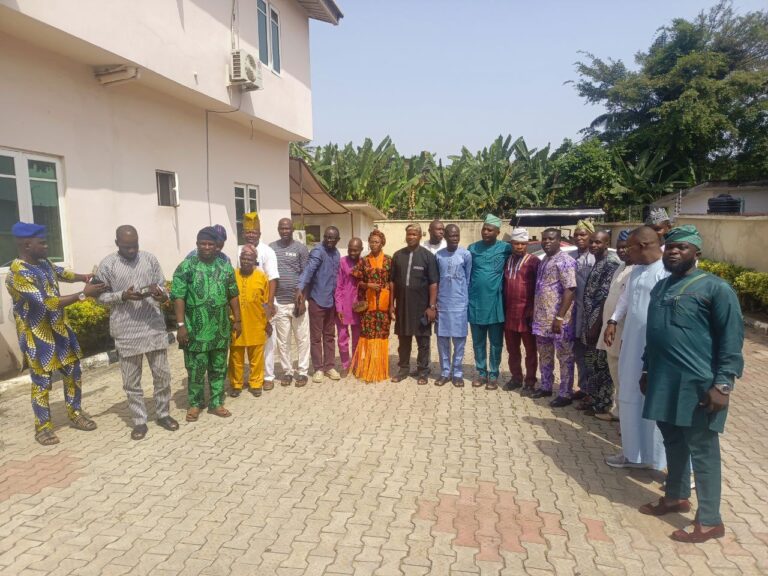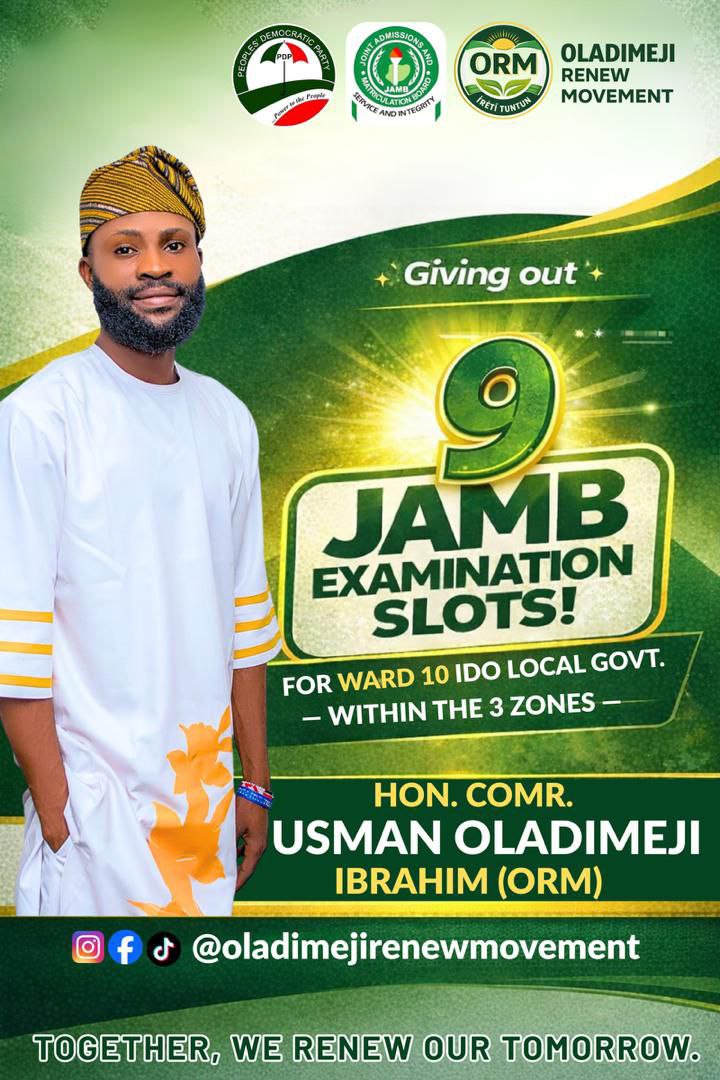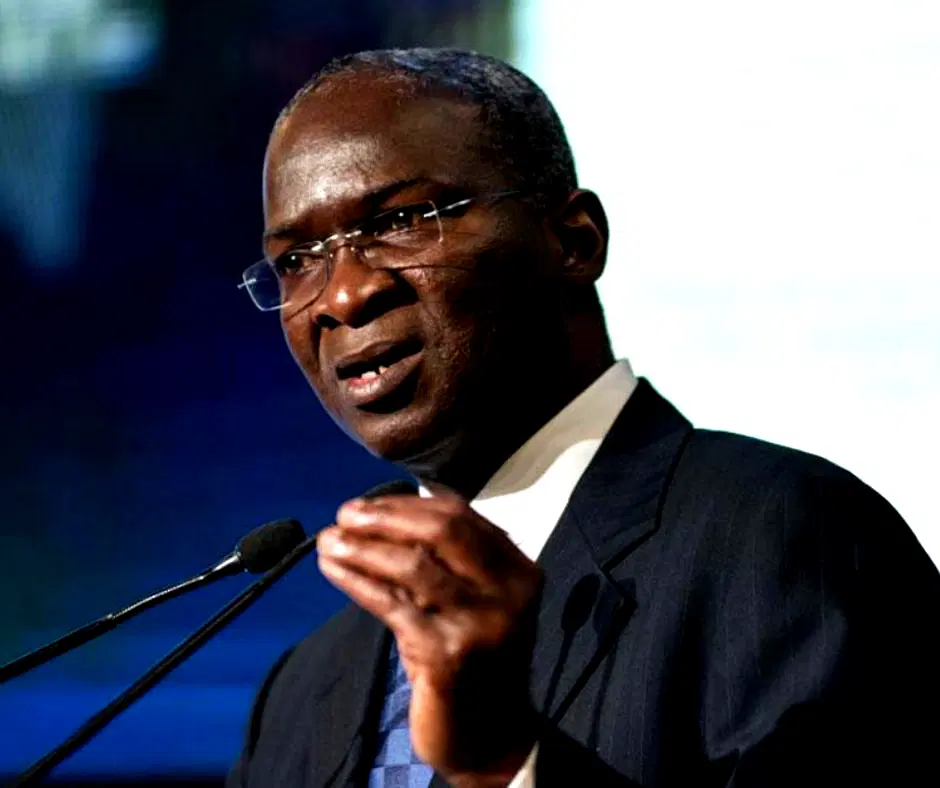
Former Lagos State Governor and one-time Minister of Power, Works, and Housing, Babatunde Raji Fashola, has said that the emergence of a new opposition coalition in Nigeria effectively dispels recent concerns that the country is heading toward a one-party political system.
Fashola made the remarks in an interview on Saturday. He was responding to the recent announcement by leading opposition figures including former Vice President and 2023 presidential candidate of the People’s Democratic Party (PDP), Atiku Abubakar; Labour Party’s Peter Obi; and former Kaduna State Governor, Nasir El-Rufai who have thrown their weight behind the African Democratic Congress (ADC) as the political platform to challenge the ruling All Progressives Congress (APC) in the 2027 general elections.
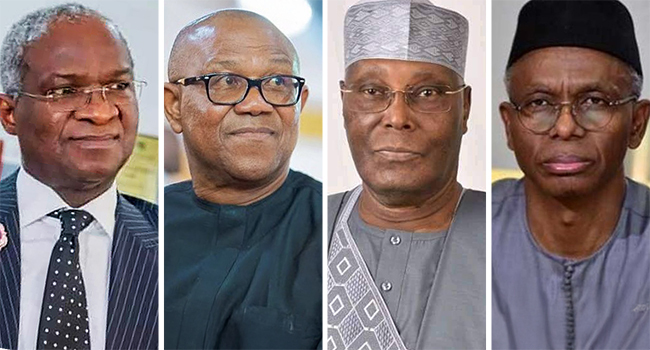
Fashola stated that the formation of such a coalition invalidates widespread narratives suggesting the APC is attempting to entrench a one-party state. He said, “Well, there are many things to take away from those developments. I think perhaps the first is that it puts a lie, a big lie, to the story making the rounds about eight weeks ago that Nigeria was going to become a one-party state because there is an opposition of some quality, whatever that quality may be.”
The Senior Advocate of Nigeria noted that the country stands to benefit from what he described as a “reawakening” of opposition politics after what he considers a prolonged period of dormancy. According to him, for over two years, the opposition failed to live up to its democratic responsibility of offering constructive criticism and providing Nigerians with alternative political visions.
“I respect the rights to associate, and Nigeria perhaps benefits from the reawakening of opposition from what has been a long slumber, if you ask me. The opposition essentially abdicated its responsibility over the last two years,” he said.
While acknowledging the legitimacy of the coalition and the freedom of political association, Fashola cautioned that simply gathering political figures under a new umbrella is not sufficient to win elections or inspire public trust. He emphasized that the real test of the coalition lies in its ability to present a clear, compelling, and credible alternative to the APC’s leadership and policies.
“In terms of the political consequences, there are many things that I’m waiting to see. Gathering ourselves together and saying we want to change Nigeria, we want to remake Nigeria, is all very well and good,” Fashola said. “But what is the compelling alternative message? Without a manifesto, without a programme of action, I can’t speak to how persuasive the coalition will be, but there’s still a distance to run.”
His comments came days after the ADC, now adopted by the coalition, announced former Senate President David Mark as its interim National Chairman and former Osun State Governor Rauf Aregbesola as interim National Secretary. The party has been repositioned to serve as the political vehicle for the opposition’s 2027 presidential ambition, in what appears to be a strategic move to consolidate their forces and present a united front.
Although the opposition maintains that the coalition has what it takes to unseat President Bola Ahmed Tinubu in the next election cycle, the APC has strongly dismissed the claims. The ruling party insists that any attempt to rally forces against President Tinubu’s second-term ambition will not succeed, citing his achievements in governance and ongoing reforms aimed at stabilizing the economy and securing the country.
Political observers say that while the emergence of a credible and united opposition is vital to the health of Nigeria’s democracy, the success of the coalition will depend on its ability to move beyond personality politics and articulate a clear national agenda. Analysts also argue that Nigerians are increasingly issue-focused and will be looking out for policies and programs that directly address poverty, insecurity, unemployment, inflation, and infrastructure development.
As the country approaches the 2027 election cycle, Fashola’s remarks serve as both a critique and a challenge to the opposition: rise to the task of nation-building by presenting a detailed, viable vision that can inspire voter confidence and engage citizens across all regions.
The coming months are expected to reveal how the coalition intends to organize itself, develop its campaign message, and win over Nigerians dissatisfied with the current administration. But for now, Fashola believes the conversation is no longer about Nigeria becoming a one-party state it’s about whether the opposition can truly offer a meaningful alternative.

